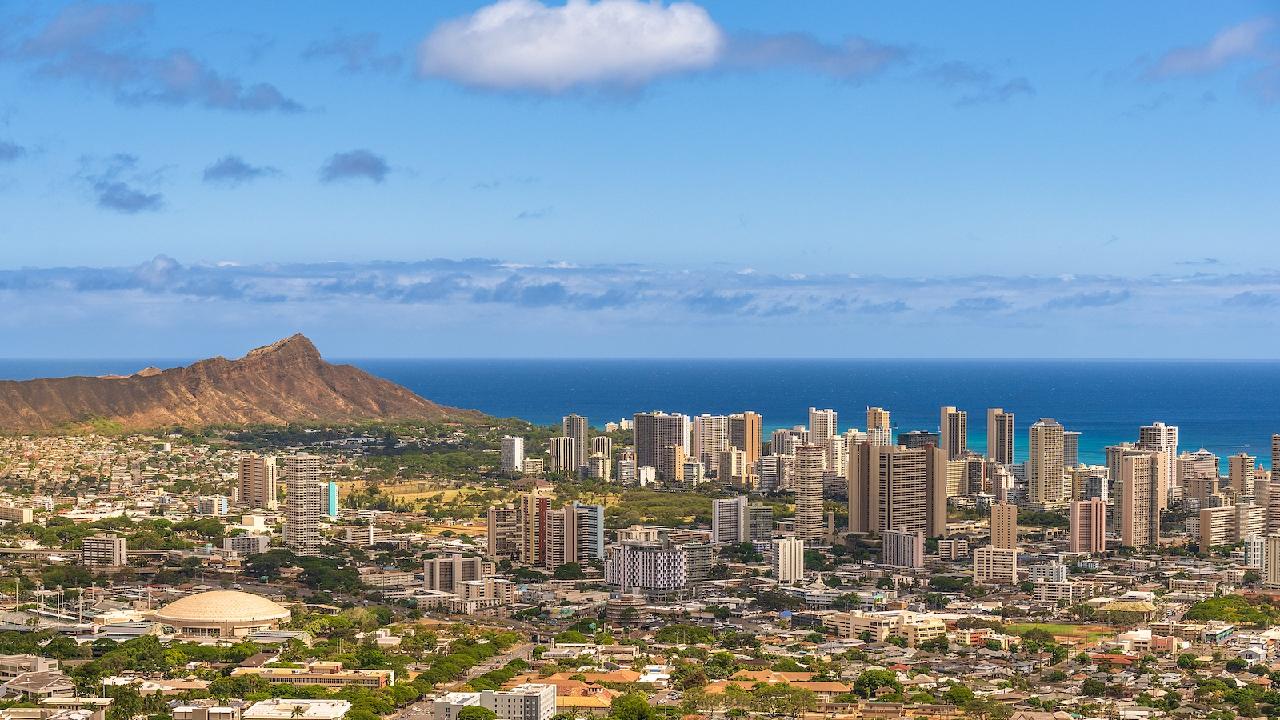Hawaii Announces Hotel Tax Increase to Fund Climate Change Initiatives and Protect Tourism Industry
Hawaii proposes increasing hotel taxes to fund climate resilience efforts amid rising environmental challenges.

In an unprecedented legislative step, Hawaii's lawmakers are poised to increase the tax on travelers who stay in hotels, vacation rentals, and short-term accommodations, with a dedicated aim: bolstering the state’s resilience against climate change. This move marks the first time a U.S. state plans to earmark lodging tax revenue specifically for environmental protection and climate adaptation programs.
Under the new proposal, which is set for final approval by both the House and Senate, Hawaii will impose an additional 0.75 percent on the existing daily room rate tax. The measure is scheduled to take effect January 1 and enjoys strong support in the legislature, where supermajorities in both chambers all but guarantee its passage. Governor Josh Green has signaled his commitment to signing the bill into law, emphasizing Hawaii’s leadership in addressing climate vulnerability.
The new funds generated from this tax hike are earmarked for targeted projects designed to safeguard local communities and protect natural resources. Notably, initiatives such as replenishing sand on beaches suffering from erosion, installing hurricane clips to help homeowners reinforce their roofs, and removing invasive grasses — which have been implicated in stoking disastrous wildfires, including the one that devastated Lahaina two years ago — are set to receive critical support. These investments reflect a broad strategy to mitigate both immediate and long-term environmental hazards facing the islands.
Experts note that Hawaii’s approach stands out nationwide. While many states rely on tourism taxes for general budgetary support, Hawaii is blazing a trail by directly applying tourism dollars to confront the challenges wrought by climate change. The hope among state leaders is that these dedicated funds will not only boost local climate resilience but also serve as a model for other states grappling with mounting environmental threats.
As the global tourism industry rebounds and visitors return to Hawaii in greater numbers, the new tax is expected to generate significant revenue. Officials stress that investing these resources in safeguarding Hawaii’s delicate ecosystems and communities is essential, both for residents and for ensuring that tourism — the state’s economic cornerstone — remains sustainable in the face of a changing climate.




